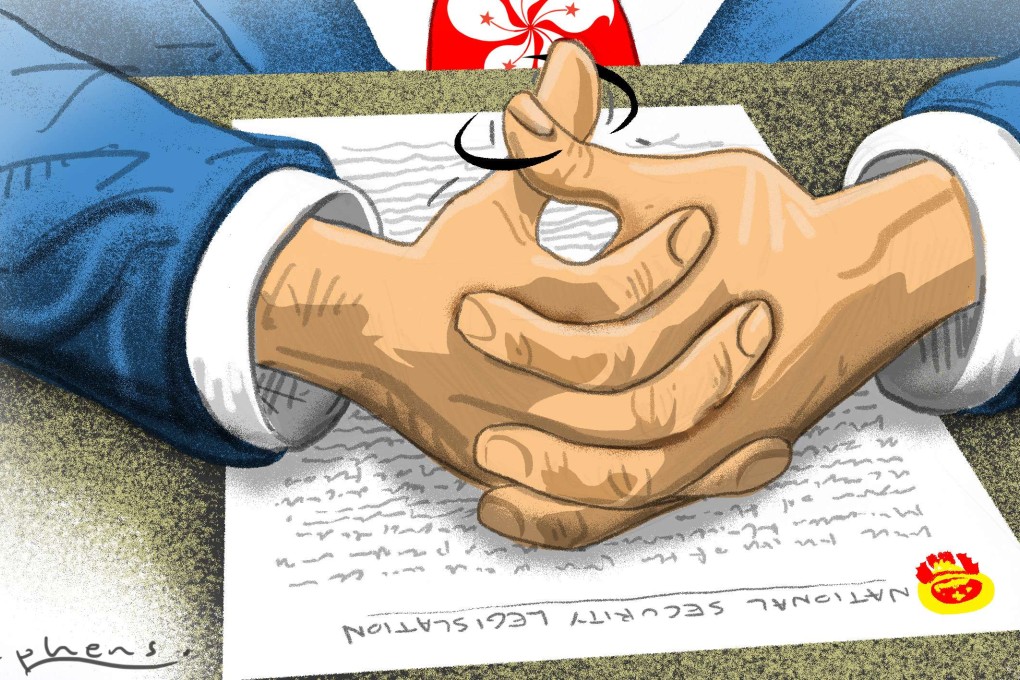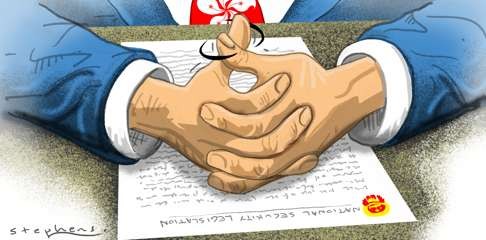Next Hong Kong chief executive must implement Article 23 national security laws without delay
Grenville Cross says Beijing’s faith in leaving national security legislation up to the city has been misplaced and the next leader must make this a priority, to avert serious consequences


However, almost five years on, and nearly two decades after reunification, Hong Kong has still not, as the Basic Law requires, implemented the national security laws. This is a significant failure, with potentially serious consequences.
The central authorities have placed great faith in Hong Kong by allowing it, in Article 23’s words, to “enact laws on its own” for national security. In most places, national security legislation is dealt with through national parliaments, and not left to regional legislatures.
Of course, China could simply have extended its own national security law to Hong Kong but trusted the city to deal with this within a reasonable time. Its faith, unfortunately, has been misplaced.
Macau managed to enact its own national security legislation by 2009, and the sky has not fallen in